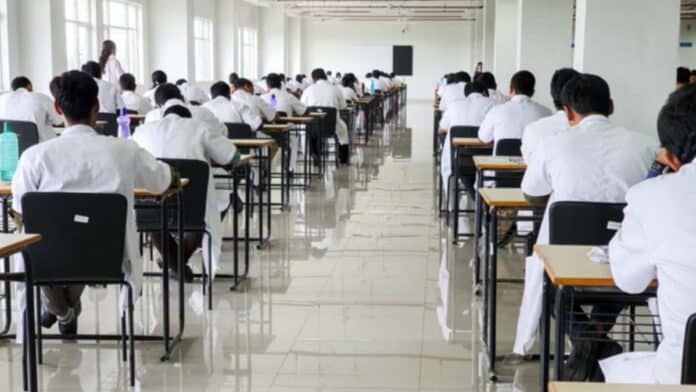The Supreme Court of India posed a significant question regarding the exemption from mandatory rural service for medical students graduating from private institutions. The query arose during a session with the vacation bench of Justices PS Narasimha and Sanjay Karol, who were considering a plea from five MBBS students graduating from a deemed university in Karnataka.
These students have approached the court requesting that the Karnataka Commissionerate of Health and Family Welfare Services issue them a no-objection certificate (NOC) without requiring an affidavit for compulsory rural service. The Supreme Court has issued notices to the Karnataka government and other relevant parties, seeking their responses.
Justice Narasimha questioned the rationale behind seeking exemption solely based on the type of educational institution attended, stating, “Just because you go and study at a private institution, you have an exemption from working in rural areas?”
The students’ plea, represented by advocate Meenakshi Kalra, also seeks a directive for the Karnataka Medical Council to grant them permanent registration without the rural service stint. The court emphasized the importance of contributing to national development, especially through service in rural areas.
The legal challenge hinges on the Karnataka Compulsory Service Training by Candidates Completed Medical Courses Act, 2012, and its subsequent rules enacted in 2015. These laws mandate that all medical graduates, including those from private and deemed universities, serve in rural areas for one year before qualifying for permanent registration with the medical council.
Also Read
However, the students argue that the high costs associated with private medical education provide a basis for exemption under Article 14 of the Indian Constitution, which guarantees equality before the law. They contend that this financial burden creates a distinct classification that should exempt them from compulsory rural service.




